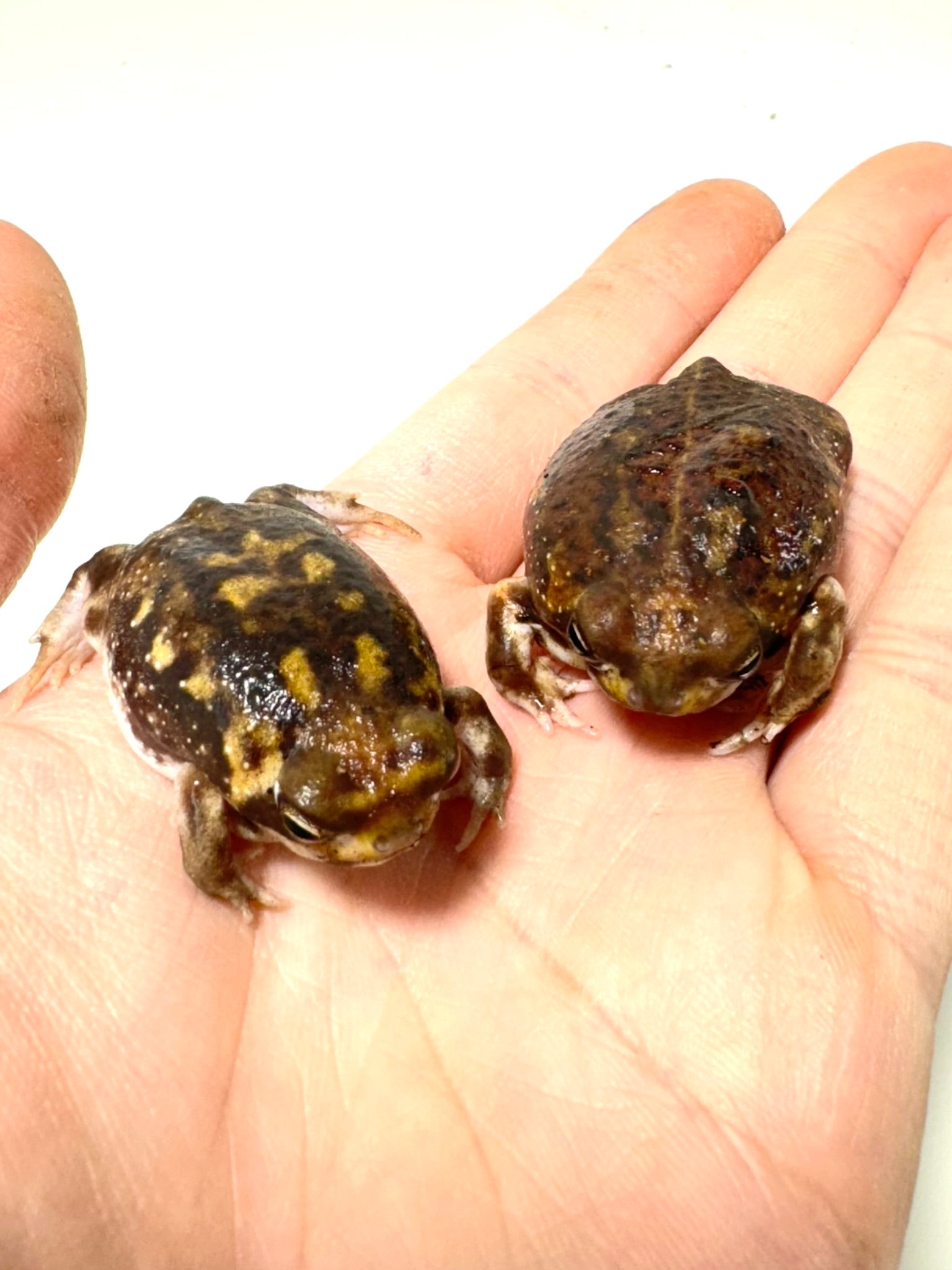Common Health Issues in Reptiles: Signs And Symptoms and Solutions
In the detailed world of reptile treatment, understanding the common wellness issues that might influence these unique animals is vital in ensuring their health. From respiratory infections that can silently hold to metabolic bone conditions that can disable, reptiles are at risk to a series of conditions that require keen monitoring and prompt treatment. Whether it's facing parasitical problems, navigating dehydration issues, or attending to skin ailments that materialize in refined ways, being in harmony with the symptoms and geared up with the expertise of reliable services is important for any reptile proprietor. By delving better right into the nuances of these health and wellness problems and discovering the functional treatments readily available, one can secure the health and vigor of these remarkable animals.
Breathing Infections
Respiratory infections in reptiles can considerably affect their general wellness and require prompt focus from skilled veterinarians. These infections are frequently created by fungi, microorganisms, or infections and can show up via signs and symptoms such as wheezing, nasal discharge, open-mouth breathing, and lethargy. In reptiles, breathing infections can be particularly challenging to identify and treat because of their distinct composition and physiology. Vets usually rely upon a mix of physical examinations, analysis imaging, and lab examinations to precisely determine the underlying reason for the infection.
Treatment for respiratory infections in reptiles typically entails a mix of helpful treatment, such as keeping correct humidity degrees and temperature gradients in the unit, in addition to targeted medicine to resolve the details microorganism responsible for the infection. It is crucial for reptile owners to monitor their animals very closely for any indications of respiratory system distress and look for veterinary treatment at the earliest indicator of a problem. With prompt intervention and proper treatment, many reptiles can recuperate fully from respiratory system infections and resume regular tasks.

Metabolic Bone Disease
What variables add to the advancement of Metabolic Bone Condition in reptiles?
Metabolic Bone Condition (MBD) in reptiles is mostly brought on by an absence of appropriate calcium, phosphorus, and vitamin D3 degrees in their diet. When reptiles do not receive sufficient calcium, either via their food or proper UVB exposure for vitamin D3 synthesis, they are at a high risk of establishing MBD. Reptiles with diets low in calcium or unbalanced calcium to phosphorus proportions are particularly prone. Furthermore, poor exposure to UVB light prevents reptiles from manufacturing vitamin D3, which is important for calcium absorption and bone health and wellness.
Other adding variables to MBD include improper temperature gradients within the reptile's habitat, leading to lowered metabolism and damaged calcium absorption. Not enough moisture levels can also affect a reptile's capacity to metabolize calcium efficiently. Certain reptile varieties have specific nutritional demands that, if not met, can boost the likelihood of establishing MBD. Normal vet examinations, proper husbandry techniques, and a well balanced diet are important to protect against Metabolic Bone Disease in reptiles.
Parasitic Problems
Parasitic problems position a substantial health and wellness threat to reptiles, affecting their general wellness published here and calling for prompt vet attention. Reptiles can be affected by different bloodsuckers, including mites, ticks, inner worms, and protozoa. These parasites can create a variety of signs and symptoms, such as weight reduction, sleepiness, skin irritation, looseness of the bowels, and even death if left untreated.
One usual parasite found in reptiles is the mite, which can trigger skin irritability, tension, and anemia. Ticks are another external parasite that can cause and transfer illness pain to the reptile. Internal parasites like worms and protozoa can result in digestion issues, poor nutrition, and deteriorate the reptile's body immune system.
To identify a parasitic invasion, a veterinarian might execute fecal navigate to these guys examinations, skin scrapings, or blood examinations. Therapy typically entails deworming drugs, antiparasitic bathrooms, or in severe cases, hospitalization. Preventative steps such as routine vet exams, appropriate hygiene, and quarantine treatments for new reptiles can help minimize the danger of parasitic infestations and make certain the wellness of reptile family pets.
Dehydration and Hydration Issues
Dehydration in reptiles can dramatically influence their wellness and well-being, necessitating prompt treatment and suitable hydration monitoring. Reptiles are vulnerable to dehydration as a result of different variables such as poor water consumption, high environmental temperatures, and certain health problems. Signs of dehydration in reptiles include sunken eyes, lethargy, loss of skin elasticity, and minimized urination. Dehydration can lead to major health and wellness concerns and even be fatal to the reptile - rain frog for sale. if left unattended.
To avoid dehydration, reptile owners need to ensure that their pet dogs have accessibility to clean water in any way times. The water dish need to be large enough for the reptile to take in if required, particularly for species that take in water through their skin. Additionally, keeping proper moisture levels in the reptile's enclosure and supplying normal baths can assist protect against dehydration.
In instances of dehydration, it is critical to seek veterinary treatment quickly. A veterinarian may carry out liquids either by mouth or through injections to rehydrate the reptile. It is important to attend to the underlying cause of dehydration to avoid reappearance and make certain the reptile's total well-being.
Skin Ailments

Final Thought

Breathing infections in reptiles can substantially affect their general wellness and call for punctual focus from seasoned vets (rain frog for sale). Preventative measures such as normal vet exams, proper health, and quarantine treatments for brand-new reptiles can assist reduce the threat of parasitic problems and ensure the health of reptile animals
If left untreated, dehydration can lead to major health and wellness concerns and even be deadly to the reptile.
Regularly inspecting your reptile for any type of adjustments in skin shade, texture, or look can assist in early detection and therapy of skin conditions, promoting the total health and health of your flaky companion. - rain frog for sale
In final thought, reptiles are prone to numerous health problems such as respiratory infections, metabolic bone condition, parasitical problems, dehydration, and skin conditions.